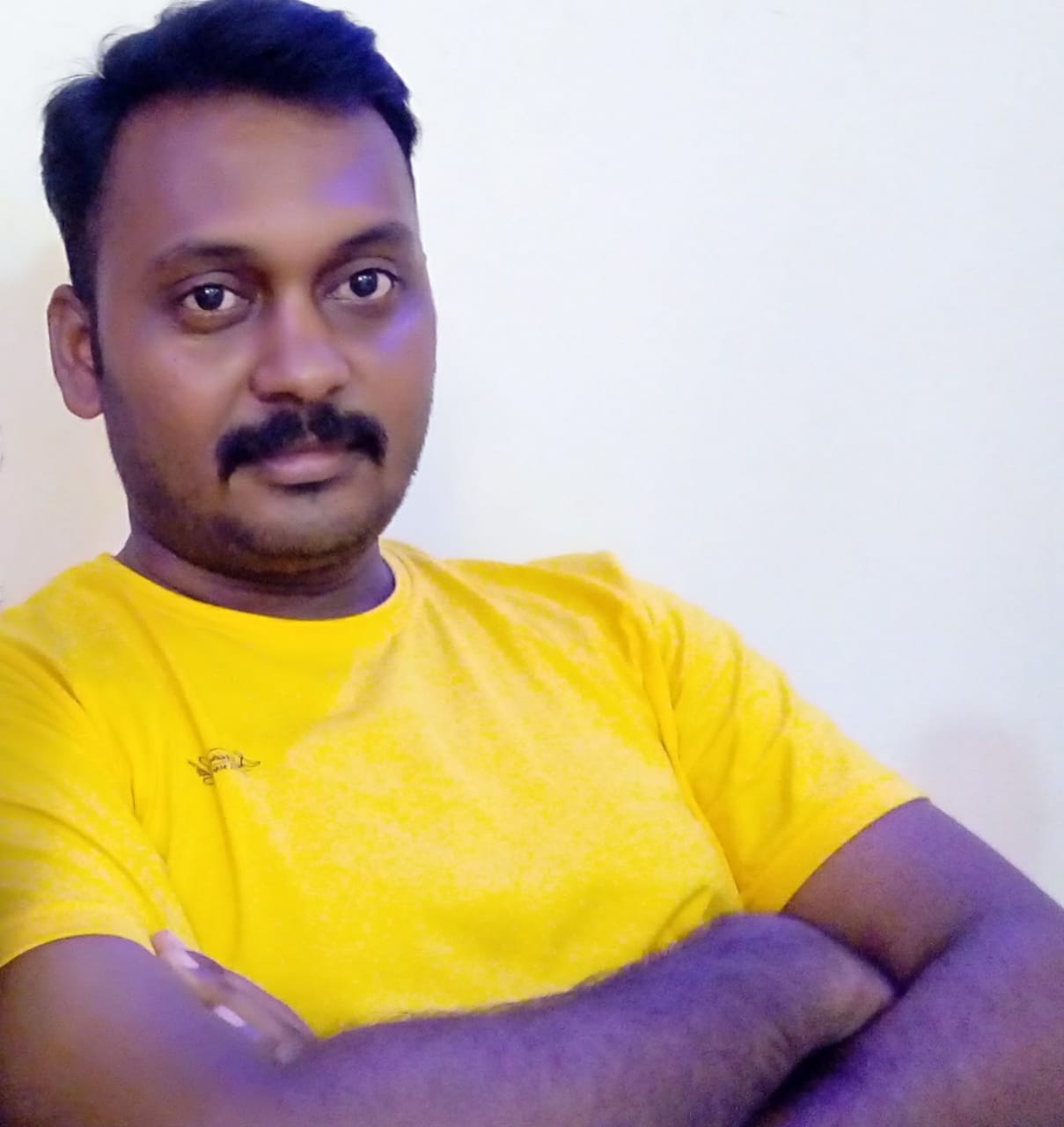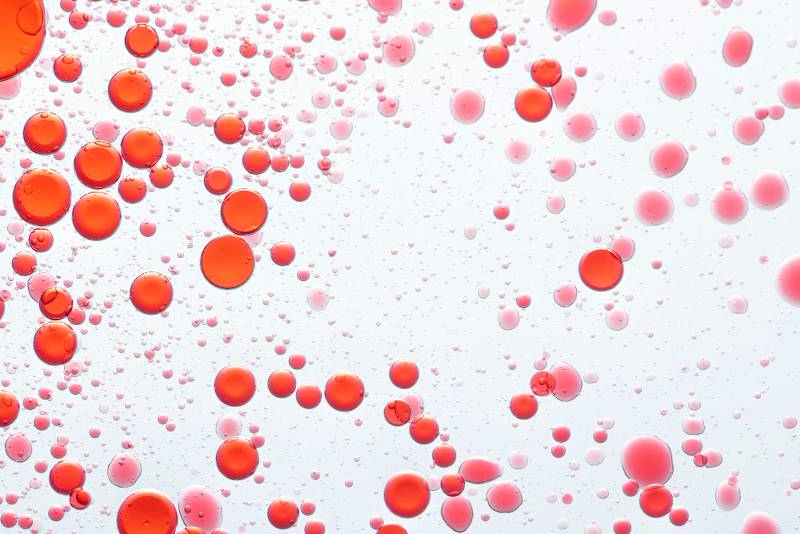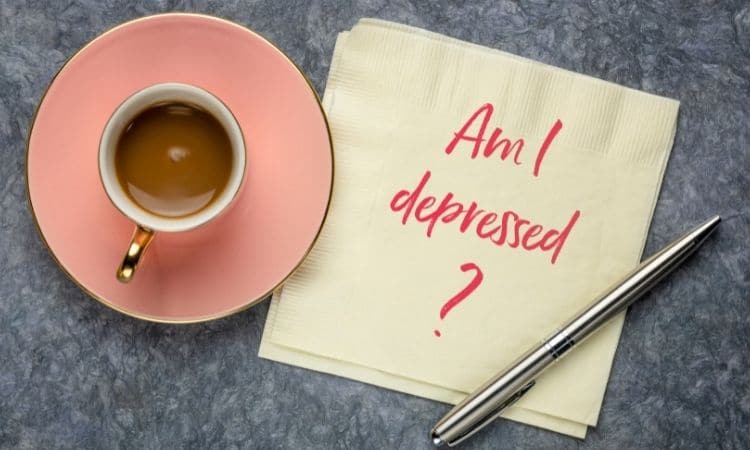Blood donation is a noble act. Blood Transfusion has saved many lives in various life-threatening conditions and is an essential part of health care. Not everyone can donate blood. Certain criteria must be met for blood transfusion for the safety of the patient and donor’s health. Blood Group compatibility is a significant factor evaluated during a blood transfusion.
The main blood group types we possess are A, B, AB, and O. Other than these, one rare blood group type called the Bombay blood group was discovered by Dr. Y M Bhende.
Technically Bombay Phenotype is called as ‘hh’ type of blood group. Each blood group has an antigen on the surface of the cell, which helps determine which group it belongs to. Your blood group is determined by your parents or genes.
Bombay Blood Group History
In 1952, two patients needed a blood transfusion, none of the ABO blood groups were compatible with their blood group type. Scientists tried to mix the blood samples with other types, but the blood coagulated. Unexpectedly found one person’s blood group suited the above patients. The donor was a resident of Bombay (Indian City), so it was named by Dr. Y M Bhende as the Bombay blood group.
For blood transfusion, the compatibility between the donor and recipient is vital because a mismatch of blood group may lead to issues like coagulation or clumping. Bombay blood group patients accept only other hh types of blood which makes the blood group the rare type.
What is Antigen and Antibody?
Blood is made up of,
- RBC-Red blood cells
- WBC-White blood cells
- Platelets
- Plasma
Our blood group is determined by which type of antigen and antibody is present within it.
Antibodies are proteins present in the plasma.
Antigens are proteins present in red blood cells.
A Protein called the RH factor is responsible for positive and negative charges. The presence of Rh on the Rbc’s surface determines whether the ABO group is positive or negative.
Blood Group Types
Group ‘A’
‘A’ antigen on red blood cells and ‘B’ antibody in the plasma.
Group ‘B’
It has a ‘B’ antigen in red blood cells and an ‘A’ antibody in the plasma.
Group ‘AB’
Both A and B antigens on red blood cells, and no antibodies in the plasma.
Group ‘O’
No antigens but antibodies A and B are present in the plasma.
All the blood groups have a protein called H antigen.
The Bombay blood group doesn’t have the H gene which is necessary for the production of RBC, A&B antigens. In contrast, it has hh. Similarly, the O blood group also not having the H antigen.
Advertisement
'O' vs 'hh' Type Blood Group
Sometimes the hh type blood group is commonly mistaken as ‘O’. Repeated testing is required for confirmation of hh type.
Mismatched blood transfusion leads to a fatal hemolytic transfusion reaction.
Proper diagnostic tests should be performed for the distinction between the Bombay blood group and the O blood group, which will help reduce the serious adverse effects.
How to Diagnose the Bombay Blood Group?
The saliva inhibition test is the confirmation test for the rare Bombay blood group. Reverse grouping is essential for the diagnosis of the hh-type blood group.
Who can Donate Blood to Bombay Blood Group?
Bombay blood group persons donate blood to the ABO blood group system, but they cannot receive blood from the ABO blood group system.
What to do if you have a Bombay Blood Group?
If you have a Bombay blood group then registered in the Bombay blood group association and various blood banks.
It may help you to get blood in emergency conditions.
How to Prevent Blood Transfusion Incompatibility?
Before blood transfusion grouping is not only sufficient, moreover cross-matching is essential to identify the rare blood groups.
Serum grouping or reverse grouping tests should be performed for identifying the blood group.
Close relatives of the hh phenotype should be tested for Bombay blood group.
A rare blood group person should carry an identity card mentioning the blood group, which will help in emergency conditions.
Interesting Facts about Bombay Blood Group
- Every 4 in a million of the world population has a Bombay blood group
- In India, less than 180 people are known to be hh type group.
- This blood group is not stored in a blood bank because it is rare, and its’ shelf-life is 35-42 days.
- Bombay blood group person can donate blood to the ABO group but can only receive blood from the hh type.
Read About: Causes and Management of Iron Deficiency Anaemia
1. The Hh Blood Group
2. Blood Donor Counselling: Implementation Guidelines.
Image credit – rawpixel.com on freepik







